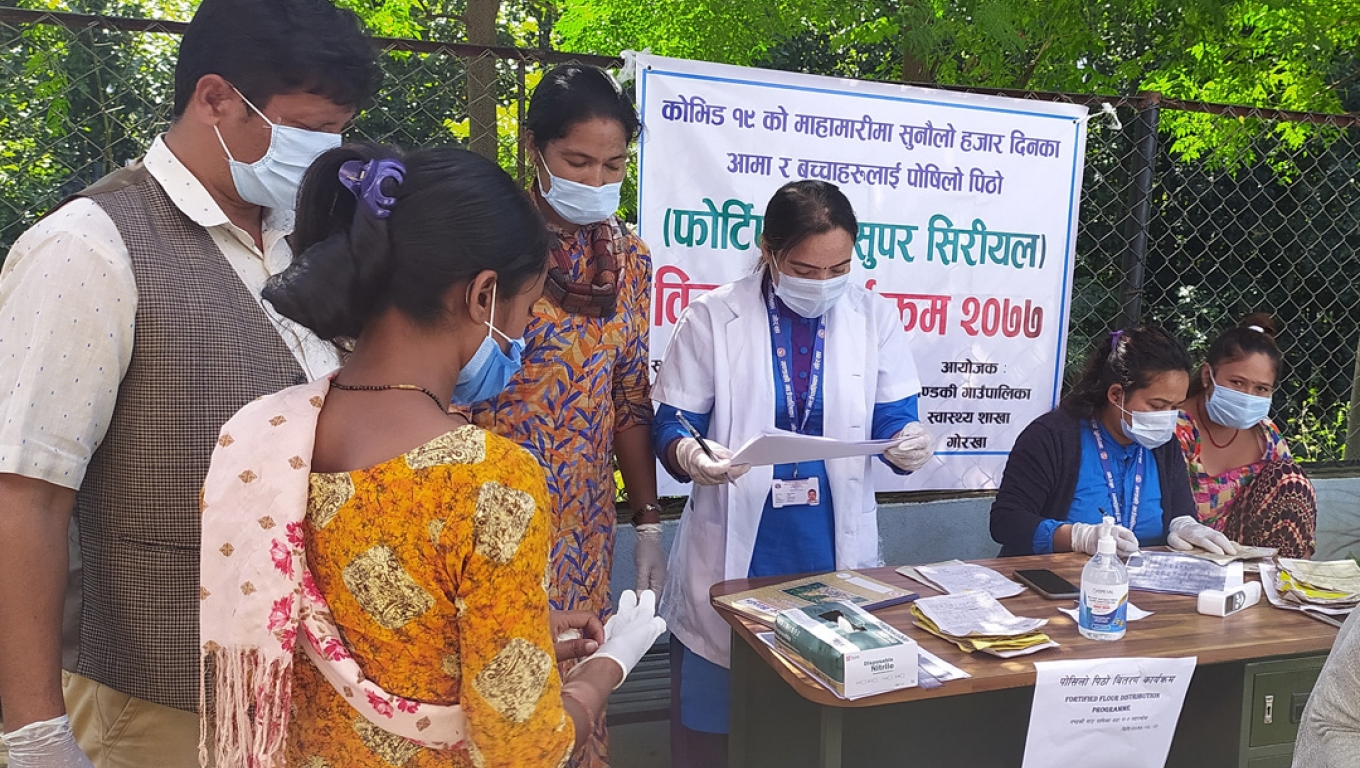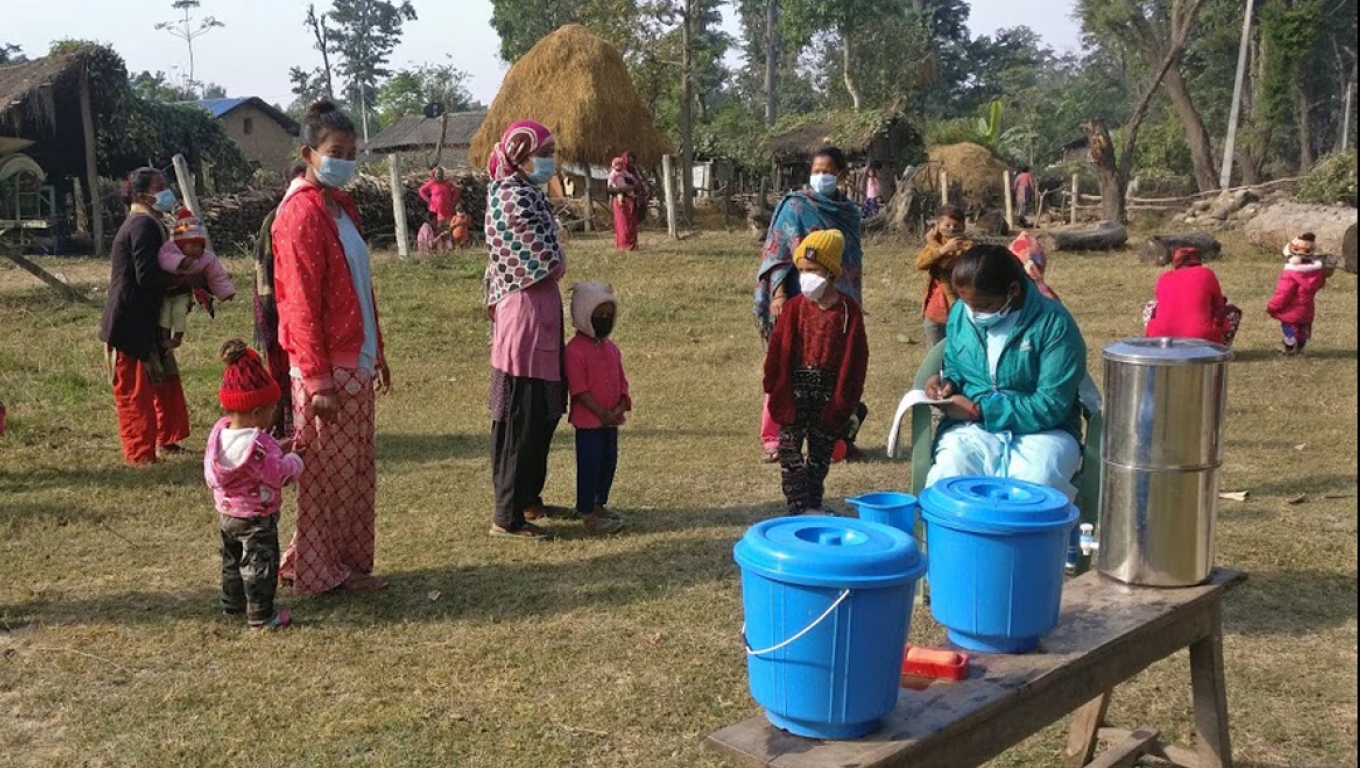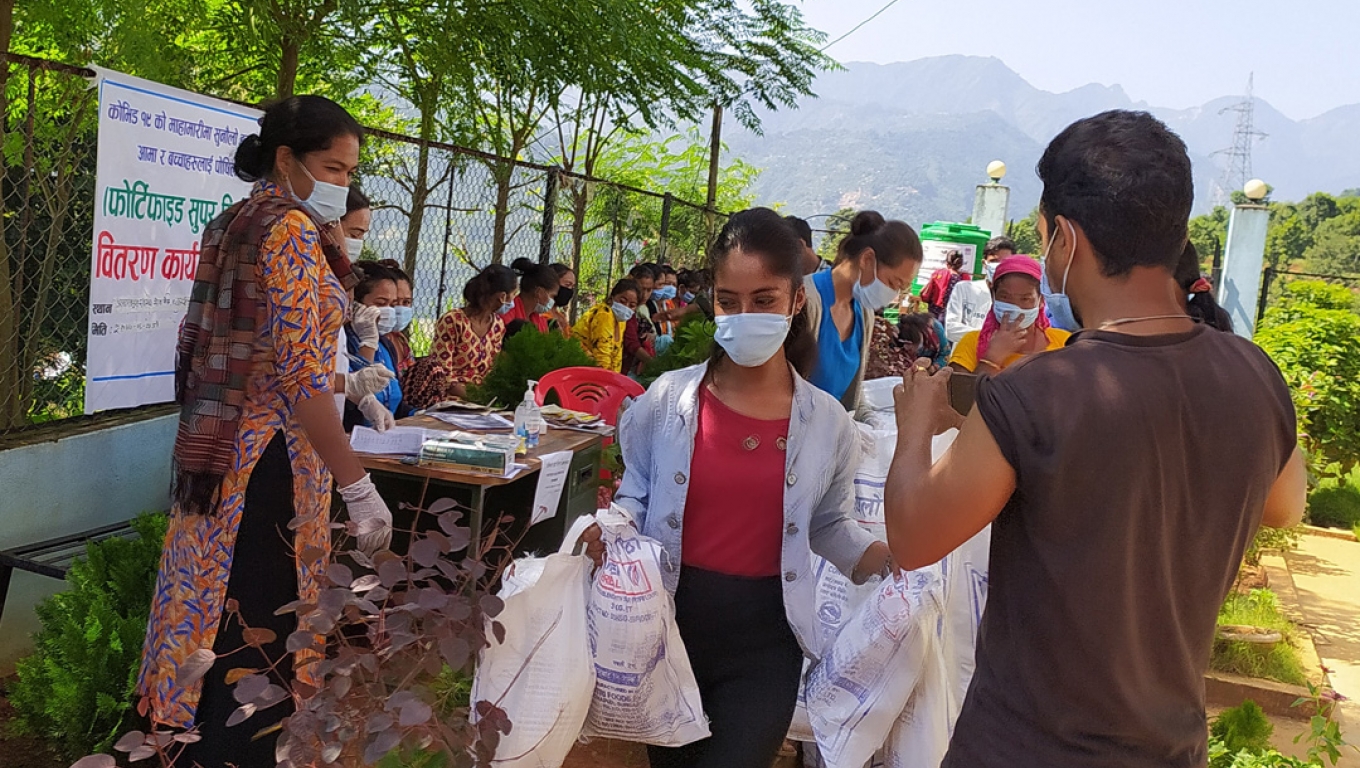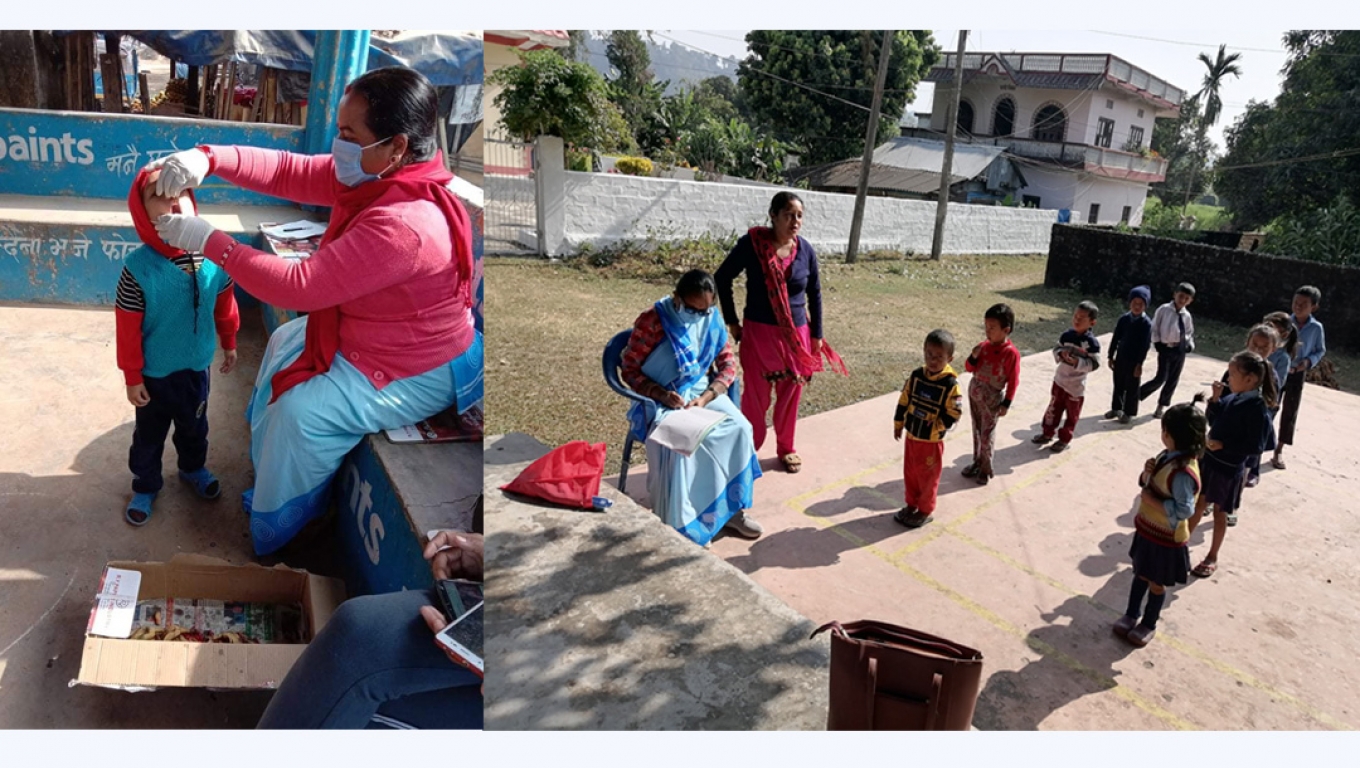Cluster Lead : MoHP
Cluster Co-Lead: UNICEF
| Agency | Focal Person and Alternates | |
|---|---|---|
| MoHP | Lila Bikram Thapa | |
| UNICEF | Phulgendra Prasad Singh | [email protected] |
Disaster impacts the nutrition situation affecting a range of nutrition determinants such as food security, reduced access to markets, weakened health systems and disruption of regular preventative nutrition interventions (such as vitamin A and micro-nutrient supplementation) as well as decreased access to needed treatments for ‘common’ illnesses and severe acute malnutrition. Due to the disruption of basic health and nutrition services, the food system, and income and livelihood opportunities as a result of the disaster in Nepal, the nutrition status of children, pregnant and lactating women has been affected. As per the rapid nutrition assessment in 2017 and 2019, it was found that the acute malnutrition of 6-59 months children was 23.1% in average in 2017 In Terai districts but NDHS 2016 reported 14.4% of wasting in province 2 which was highest of all provinces.
The specific objectives of the nutrition cluster are:
- Reduce the specific vulnerability of infants and young children in flood affected areas through the protection, promotion and support of optimal infant and young child feeding practices
- Provide treatment and care of children aged 6-59 months children with moderate and severe acute malnutrition and pregnant and lactating women (PLW) through integrated management of acute malnutrition
- Prevent/correct micronutrient deficiency disorders through timely, efficient and effective humanitarian responses through timely, efficient and effective humanitarian responses
- Strengthen the capacities of the national and international humanitarian aid system to enhance efficiency and effectiveness in delivery of humanitarian assistance for nutrition




